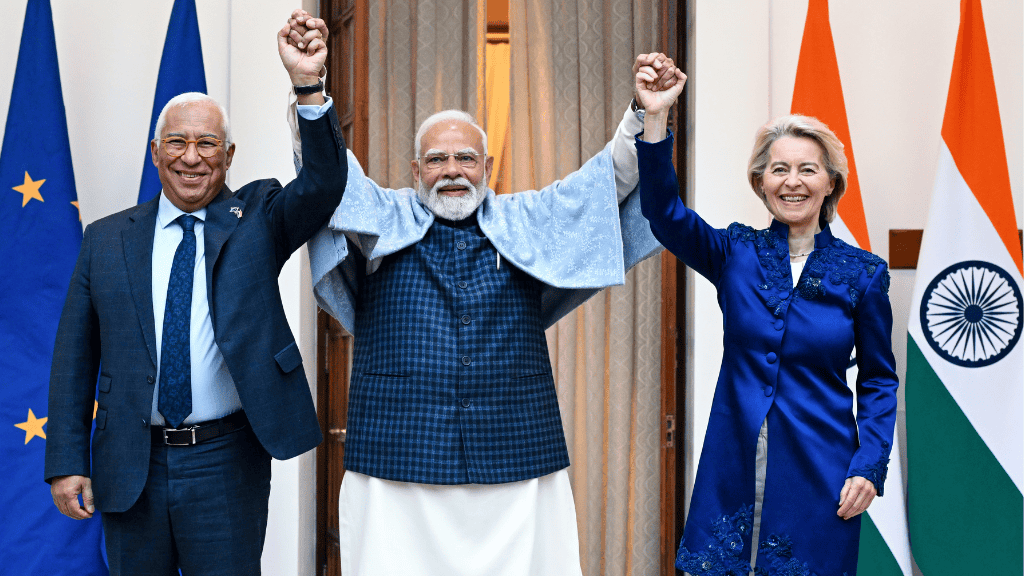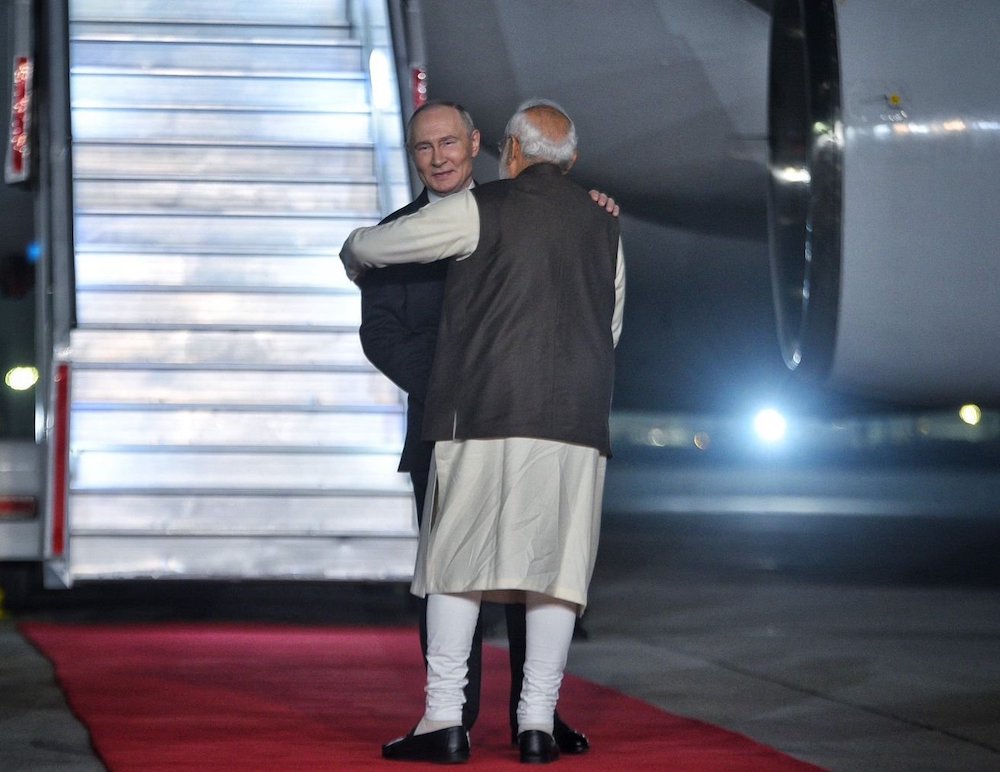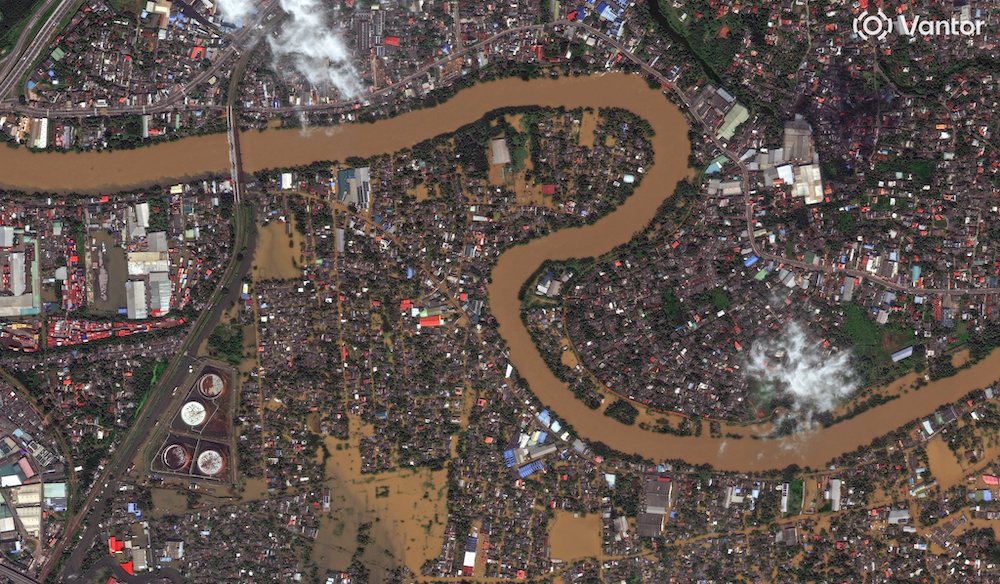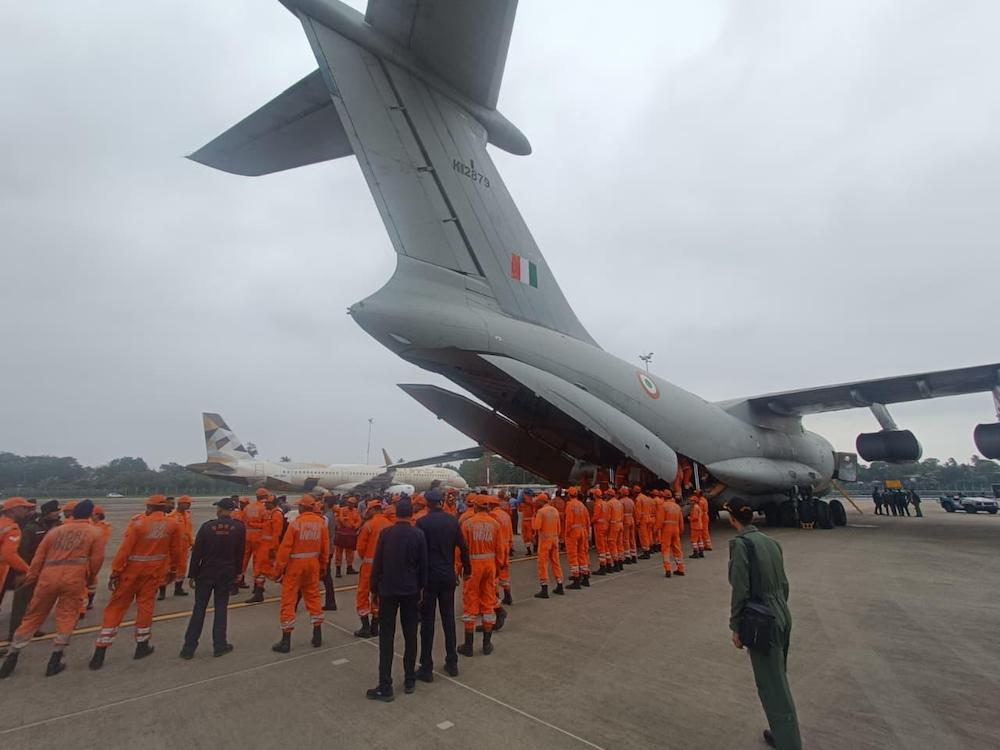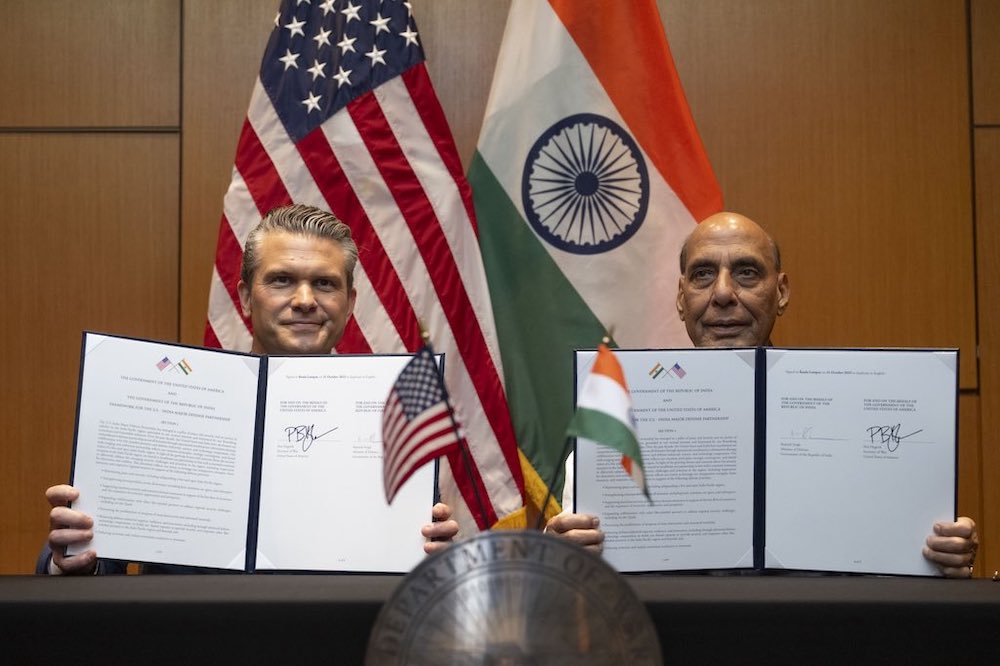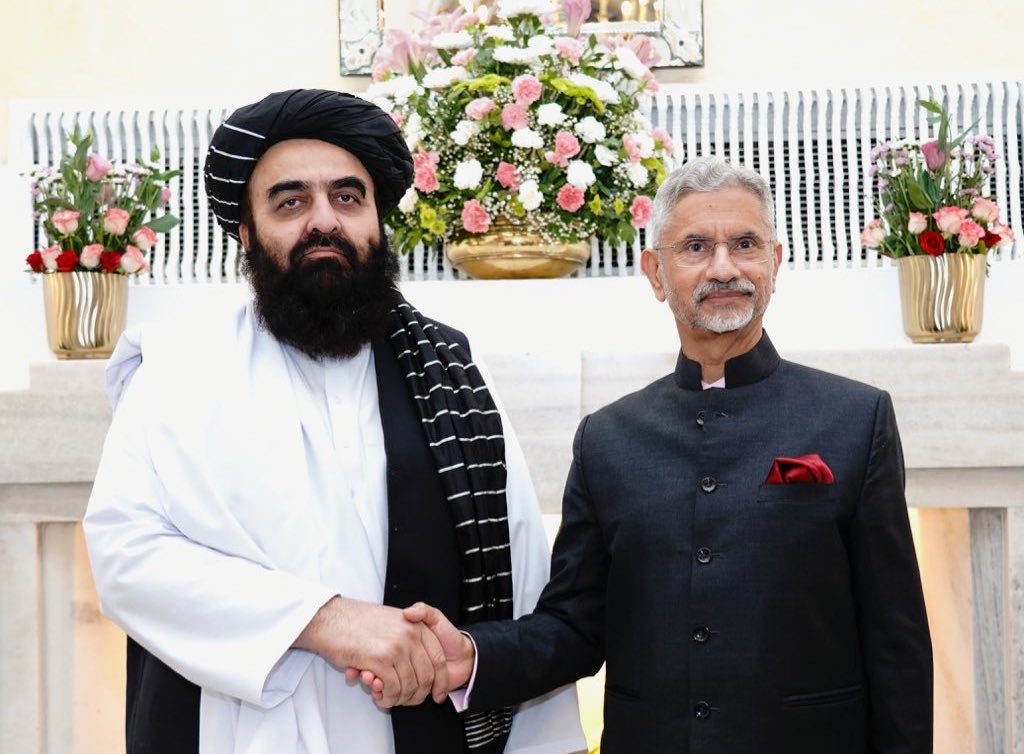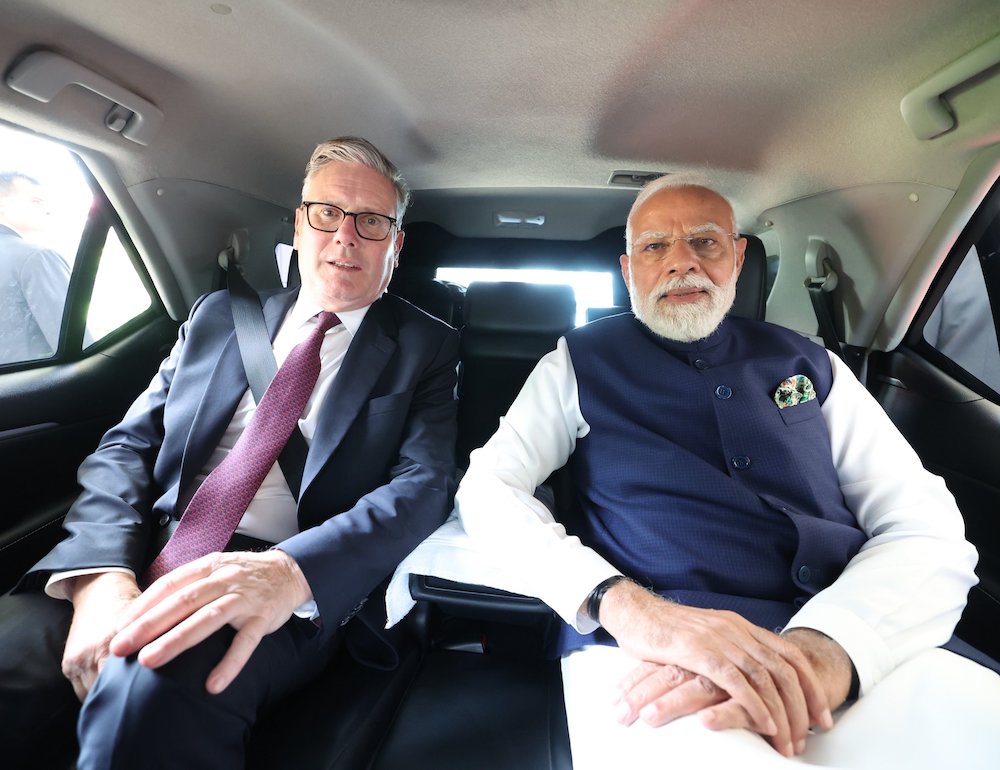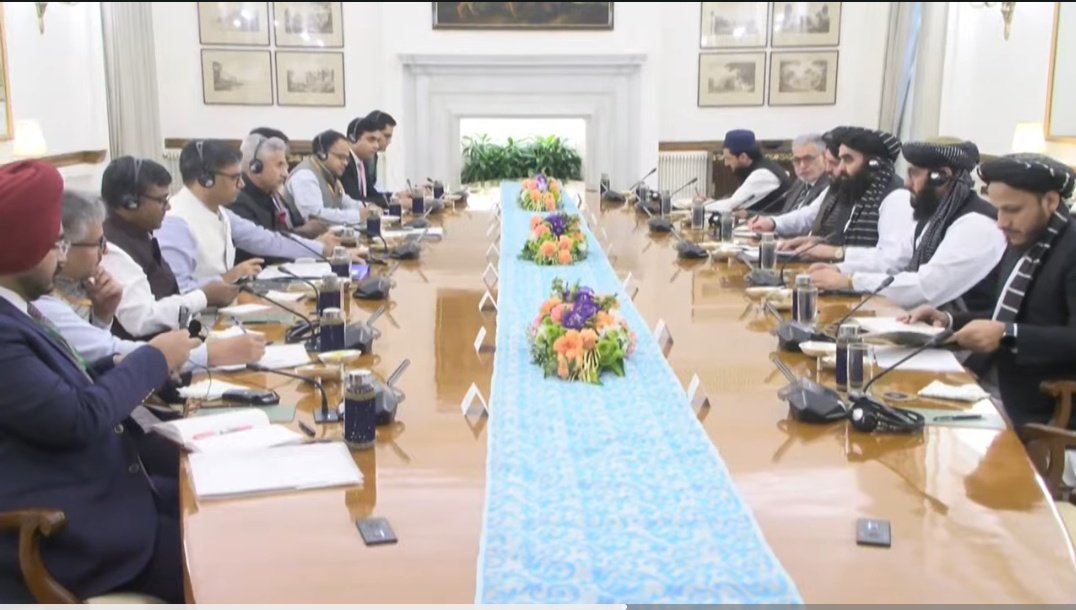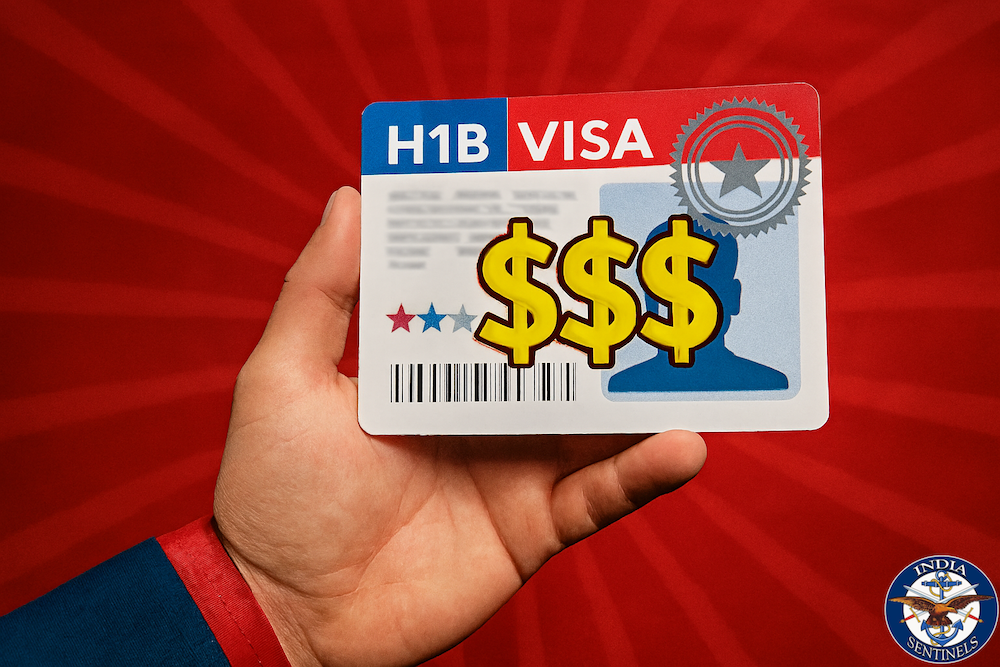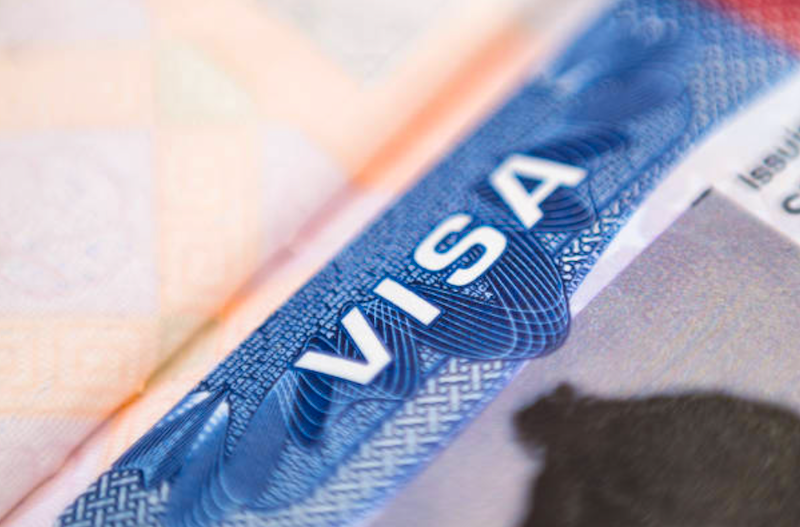
New Delhi: The government is closely studying the implications of new United States’ restrictions on the H-1B visa programme after the country’s president, Donald Trump, imposed a sweeping $100,000 annual fee on companies seeking to sponsor skilled foreign workers.
The Ministry of External Affairs acknowledged the “proposed restrictions” in a measured statement, noting that “all concerned, including Indian industry,” are analysing the full ramifications of the measures that took effect on September 19.
The Trump administration signed a proclamation requiring a $100,000 payment to accompany H-1B petitions for new applications, asserting that abuse of the programme has displaced US workers. The fee represents a dramatic escalation from current H-1B application costs, which typically range from $2,000 to $6,000.
The restrictions could deliver a significant blow to Indian professionals, who comprised 72.3 per cent of all H-1B visas issued between October 2022 and September 2023, accounting for 71 per cent of all approved applicants in 2024. Around 207,000 H-1B visas were granted to Indian professionals in fiscal year 2024, making India by far the largest beneficiary of the programme.
The ministry emphasized that “skilled talent mobility and exchanges have contributed enormously to technology development, innovation, economic growth, competitiveness and wealth creation” in both countries. It noted that policy makers will assess the measures while considering “mutual benefits, which include strong people-to-people ties.”
The restrictions are expected to particularly impact technology companies that rely heavily on skilled workers from India and China. Nearly 400,000 H-1B applications were approved in fiscal year 2024, with USCIS receiving 780,884 registrations for the programme’s annual lottery system.
Indian industry bodies have already begun releasing preliminary assessments of the new measures. The government statement noted that Indian industry “has already put out an initial analysis clarifying some perceptions related to the H-1B program,” though it did not elaborate on specific findings.
The ministry also raised concerns about the humanitarian impact of the restrictions, stating that the measures are “likely to have humanitarian consequences by way of the disruption caused for families.” It expressed hope that “these disruptions can be addressed suitably by the US authorities.”
The restrictions are set to expire after 12 months unless extended, providing a potential timeline for reassessment of the programme’s future.
The H-1B programme has been a cornerstone of US-India economic relations, enabling thousands of Indian professionals to work in specialised fields requiring advanced knowledge, particularly in information technology and engineering sectors. Over 73 per cent of H-1B visa holders in recent years have been Indian nationals, primarily working in IT and engineering sectors.
The ministry concluded that “industry in both India and the US has a stake in innovation and creativity and can be expected to consult on the best path forward,” suggesting ongoing dialogue between stakeholders to address the implications of the new restrictions.
The new fee structure represents one of the most significant changes to the H-1B programme in recent years, following fluctuating approval rates during Trump’s first term and subsequent policy adjustments under the Biden administration.

